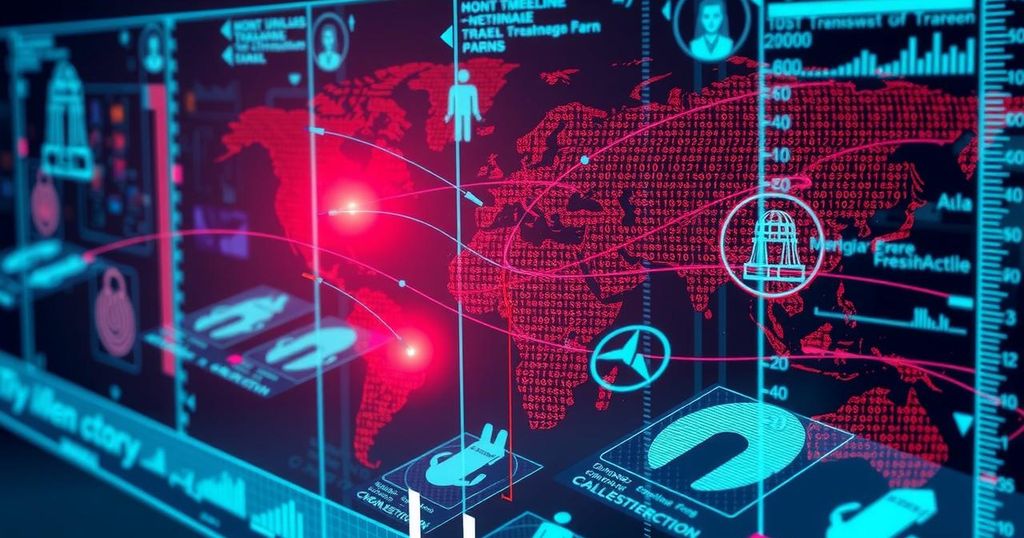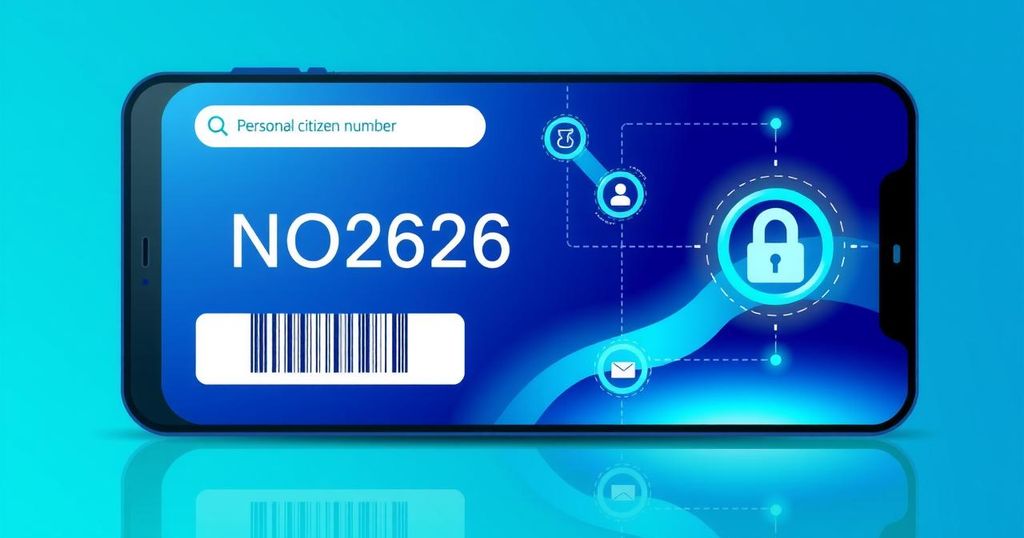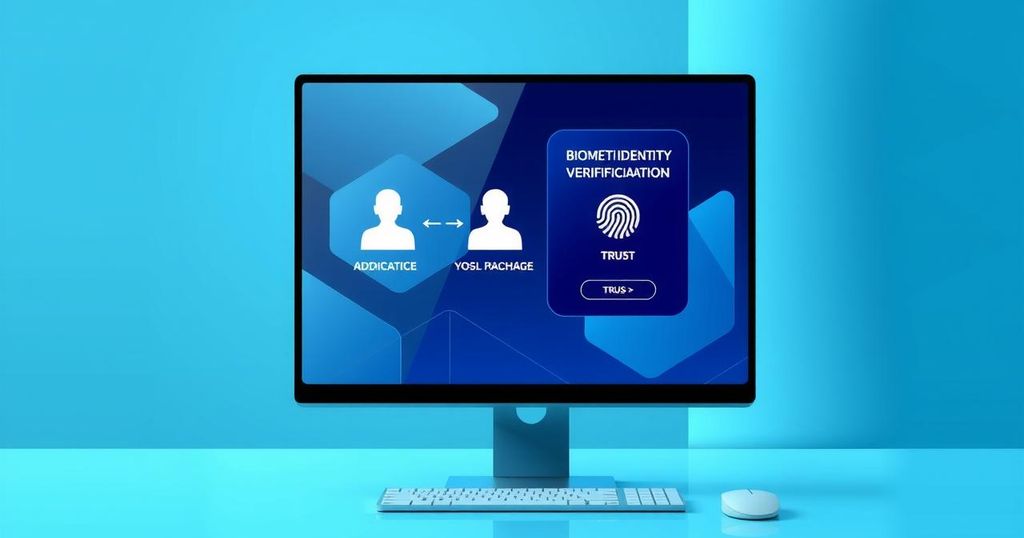Biometric technology is increasingly becoming essential in global travel, particularly with major sporting events approaching in the U.S. Biometric systems at borders and airports like the TSA and Eurostar’s SmartCheck improve identity verification, promising security and efficiency. However, concerns about data protection and public acceptance challenge widespread implementation. Destinations like St. Maarten are adopting new biometric systems, underscoring a broader industry trend towards technological integration.
The integration of biometric technology in travel is becoming increasingly crucial as international tourism rebounds and new sporting events are on the horizon. Major U.S. events, including the FIFA World Cup, are projected to increase traveler volume, making biometric verification a necessity. TSA’s biometric checks are reported as a game changer, allowing verification of identity and screening status with over 99% accuracy. Besides the U.S., Europe is leaning into biometrics through systems like Eurostar’s SmartCheck and future ETIAS regulations, enhancing border security and travel efficiency. In St. Maarten, the Princess Juliana International Airport is set to launch a comprehensive automated border control system that will eventually include biometric integrations for traveler convenience. While biometric verification is seen as beneficial, challenges remain, such as regulatory inquiries into data privacy and the public’s mixed reception toward increased security measures. Overall, the shift toward biometrics reflects a broader trend in the travel industry aiming to improve efficiency, security, and traveler experience.
The adoption of biometrics in travel aims to enhance security and streamline the flow of travelers at borders and airports, especially as global tourism and international events increase. With the upcoming U.S. hosting of significant sporting events, the need for efficient travel processes has grown. The TSA’s biometric checks and systems like Eurostar’s SmartCheck signify advancements in technology designed to manage large volumes of passengers and improve safety protocols. Additionally, destinations like St. Maarten are upgrading border control systems to incorporate biometrics, marking a trend towards greater reliance on technology in travel logistics. However, this shift raises concerns regarding privacy, data protection, and operational efficiencies that need to be addressed.
The move toward biometric verification in international travel demonstrates a crucial shift in managing security and facilitation, especially in anticipation of large-scale events. Biometric systems promise improved accuracy and efficiency in identity verification, as showcased by TSA and Eurostar’s initiatives. Despite this progress, the challenges regarding data privacy and public acceptance highlight the need for careful implementation and regulatory oversight. The focus on technology in travel signals a future where travel experiences are more streamlined, albeit requiring a balance between security and personal privacy.
Original Source: www.biometricupdate.com





